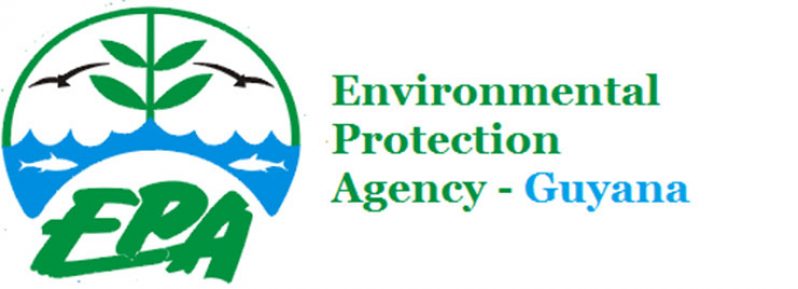Water is an essential building block of life. It is more than just essential to quench thirst or protect health; water is vital for creating jobs and supporting economic, social, and human. Managing our water to meet our current and future generation needs and to support the ecosystems is vital for Guyana’s future.
That why it is important that all Guyanese join the rest of the World in observing World Water Day 2019 which be celebrated under the theme “Leaving no one behind”. This day provides the opportunity to learn more about water-related issues, be inspired to tell others and take action to make a difference. Given the importance of this resource not to Guyana’s economy but to the world.
The significance of this year’s theme “Water for all”
The theme ‘Leaving no one behind,’ is the central promise of the 2030 Agenda for Sustainable Development: as sustainable development progresses, everyone must benefit. Sustainable Development Goal 6 (SDG 6) aims to ensure availability and sustainable management of water for all by 2030.
Today, billions of people are still living without safe water, which means ‘safely managed drinking water service’: water that is accessible on the premises, available when needed, and free from contamination. Marginalized groups such as children, refugees, disabled people etc. for often overlooked and have difficulties accessing safe water.
EPA’s role in Water Protection and Management.
The Environmental Protection Agency has an integral role to play in ensuring that the country’s water resources are protected, conserved and managed effectively. This is enshrined in our mandate to ensure pollution is monitored and controlled. Managing our water requires us to investigate, understand and integrate a range of information and complete several key steps, including:
• Characterisation and classification of our water bodies, to help us understand which ones are at risk;
• Monitoring the status of these water bodies, and any trends in chemical or biological changes within them;
• Looking at the geography and geology of an area; looking at how all the water bodies are connected both above and below ground and how the water flows from where it falls as rain to the sea;
• Understanding how people are using the water, including drinking, agriculture, industrial use and bathing;
• Establishing how people use the land and water bodies and what livelihoods are supported; and
• Investigating possible sources of pollution from; large industrial sites; and runoff from farming, forestry and landfills.
What can you do?
Keeping in mind that our motto is the environment is everybody’s business. We all as citizens of Guyana and the world have a critical role to play to protect our water resources.
• Takes steps to conserve water in your homes, schools and offices like turning off pipes and fixing leaks.
• Clean-up water bodies like drains and trenches in your community.
• Read and watch a documentary on the importance of water resources. Start by taking a read of the State of Guyana’s Environment Report to find out the status of the country’ freshwater resources.
• Make water protection and conservation a conversation.
Facts & Figures: Information Source: United Nations, 2019
• 2.1 billion people live without safe water at home.
• One in four primary schools has no drinking water service, with pupils using unprotected sources or going thirsty.
• More than 700 children under five years of age die every day from diarrhoea linked to unsafe water and poor sanitation.
• Women and girls are responsible for water collection in eight out of ten households with water off-premises.
• For the 68.5 million people who have been forced to flee their homes, accessing safe water services is highly problematic.
• Around 159 million people collect their drinking water from surface water, such as ponds and streams.
• Over 800 women die every day from complications in pregnancy and childbirth.
• 700 million people worldwide could be displaced by intense water scarcity by 2030.
You can share your ideas and questions by sending letters to: “Our Earth, Our Environment”, C/O ECEA Programme, Environmental Protection Agency, Ganges Street, Sophia, Georgetown, or email us at: eit.epaguyana@gmail.com or follow us on Facebook and Instagram.




.png)









